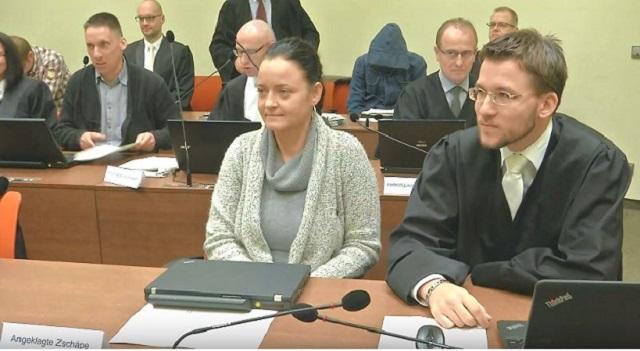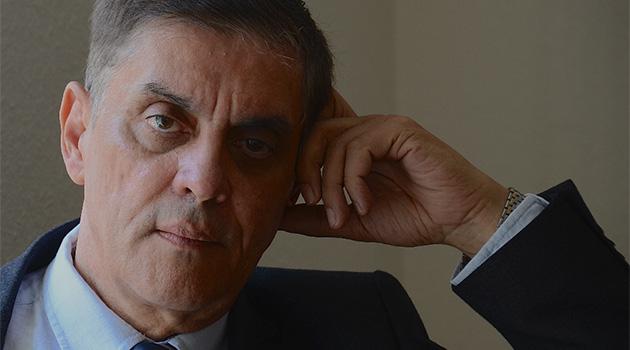Germany's Supreme Court rejects appeal filed by racially-motivated murderer of 10 people

Deutsche Presse-Agentur reported on 20 August that Germany’s Supreme Court has upheld the sentence of life in prison for neo-Nazi Beate Zschäpe. Her terrorist group, the “National Socialist Underground” (NSU), murdered 10 people, most of them ethnic Turks, out of racially-motivated hatred.
The Federal Republic’s Supreme Court in Karlsruhe issued a statement announcing that it had rejected Zschäpe’s appeal against the verdict handed down by the High State Court in Munich in 2018 sentencing her to life in prison for the murders of 10 people. According to the Supreme Court’s statement, the crimes she committed are of such a serious nature that the option of early release cannot be considered.
As an NSU member, Zschäpe contributed to the racially-motivated murders and attacks committed by her friends and fellow NSU members Uwe Böhnhardt and Uwe Mundlos. Both men committed suicide in 2011.
The trio formed a terrorist cell in 1998, and between 2000 and 2007 they murdered nine people of Greek or Turkish origin all over Germany, as well as a German policewoman. Two bomb attacks on immigrant neighborhoods in Cologne that injured 20 people have also been attributed to them, as well as 15 cases of bank robbery.
In addition to Zschäpe, another four accomplices and supporters of the NSU also ended up in prison. The courts handed down sentences ranging from 2.5 to 10 years in prison against them.
The discovery of the NSU in November 2011 caused political shockwaves in Germany, as the ultra-right terrorist cell had illegally operated for years undisturbed. For a very long time, detectives had been unable to recognize that the murders committed were associated with right-wing extremism.
The trial of the group lasted many years and its case file is several hundreds of thousands of pages long – it has been called one of the longest-lasting, most costly trials in Germany’s postwar history. In 2018 the court in Munich said the entire proceedings had cost roughly EUR 30 million.
